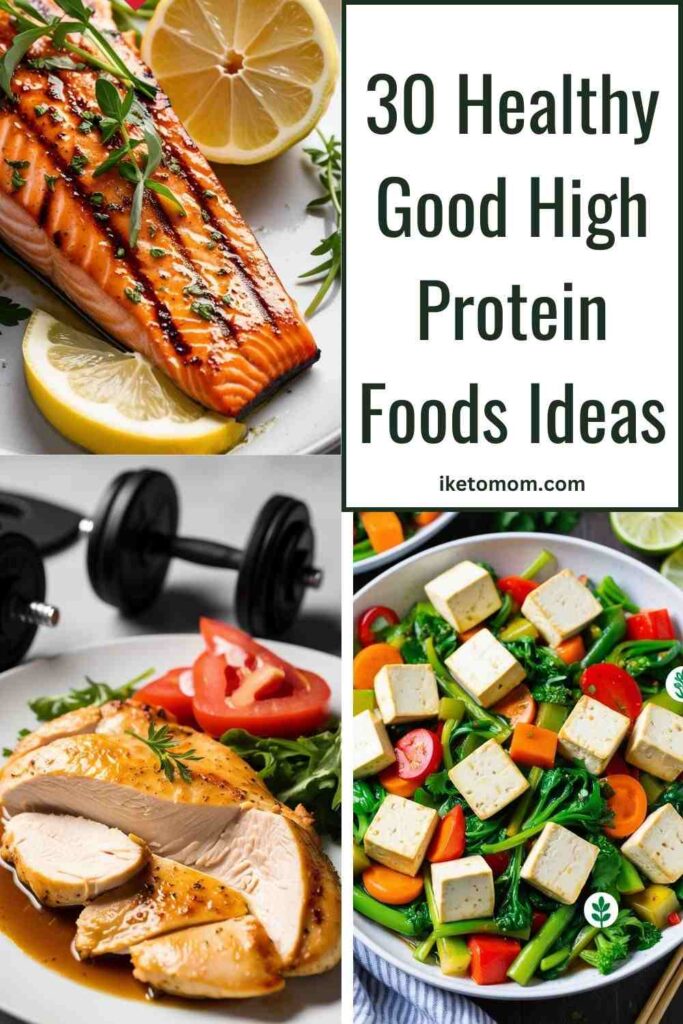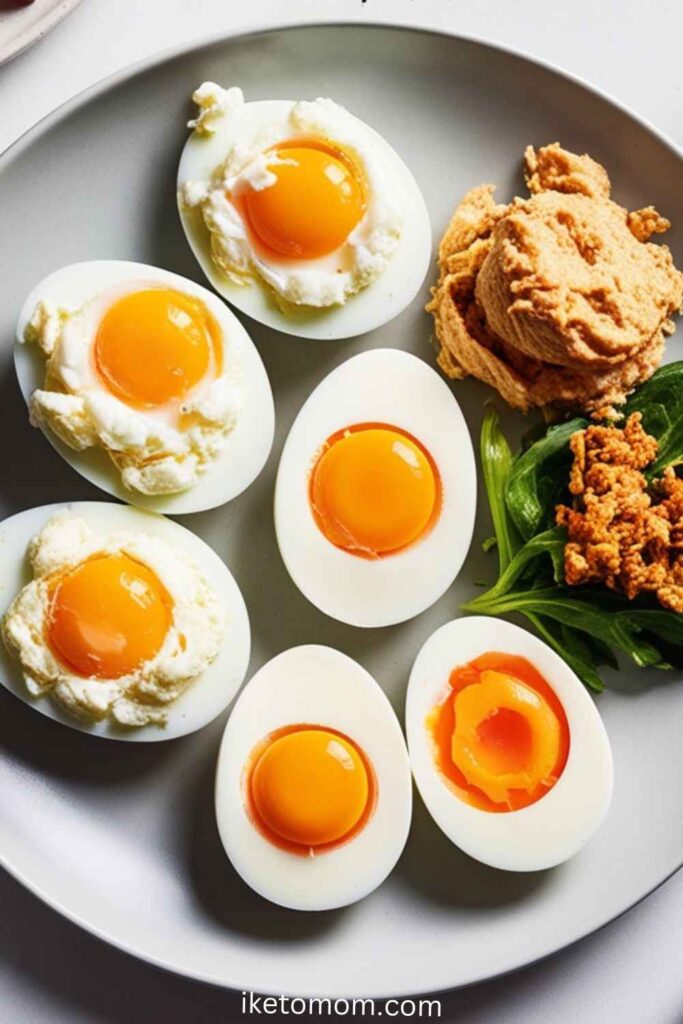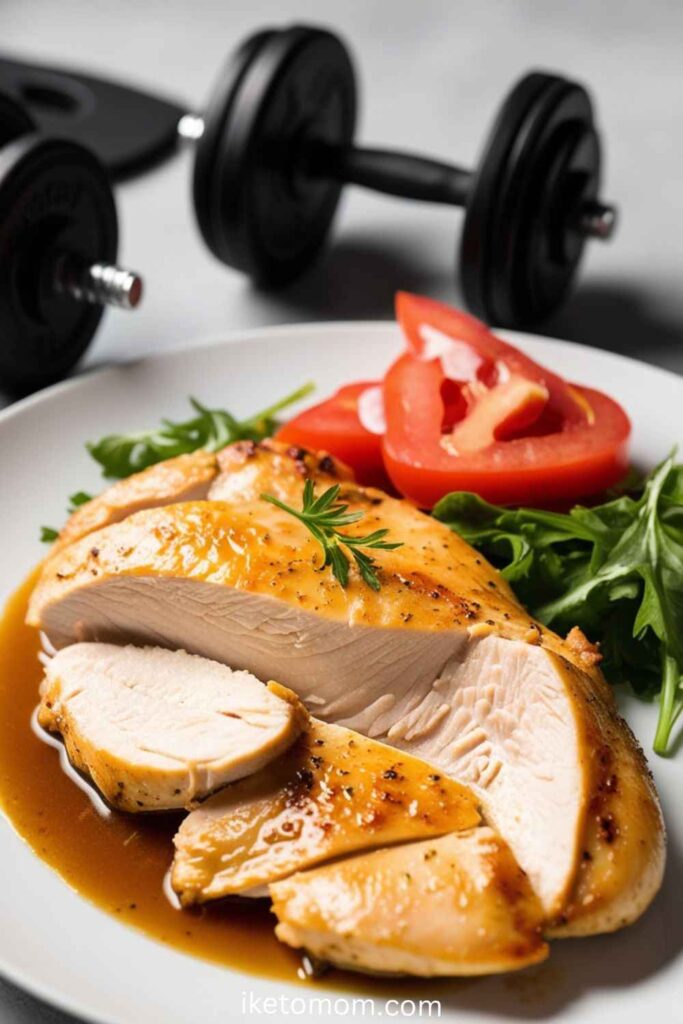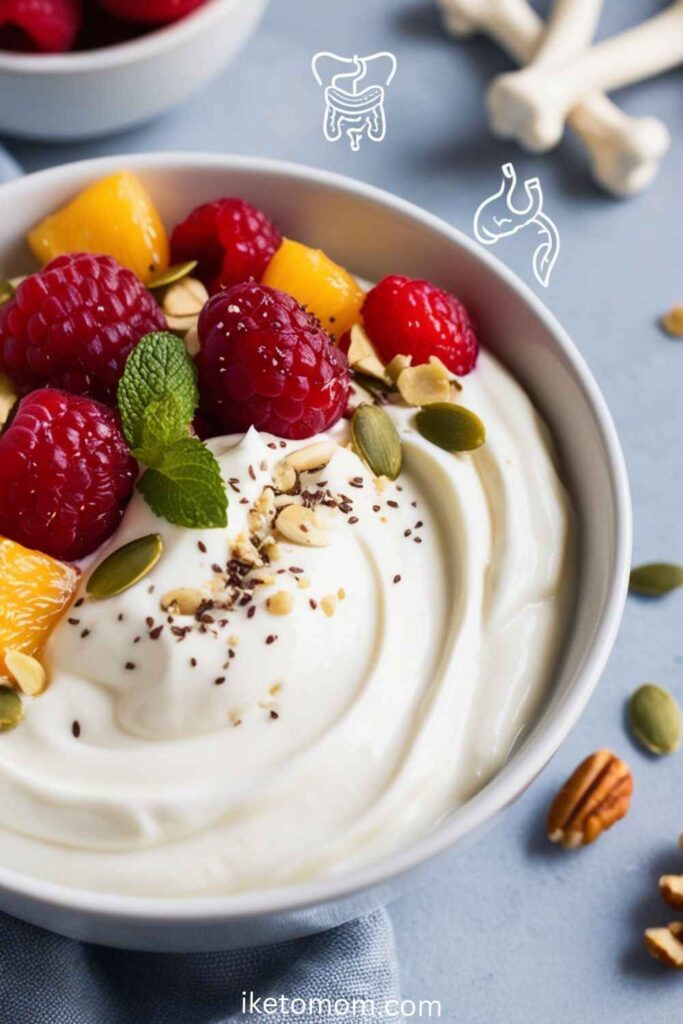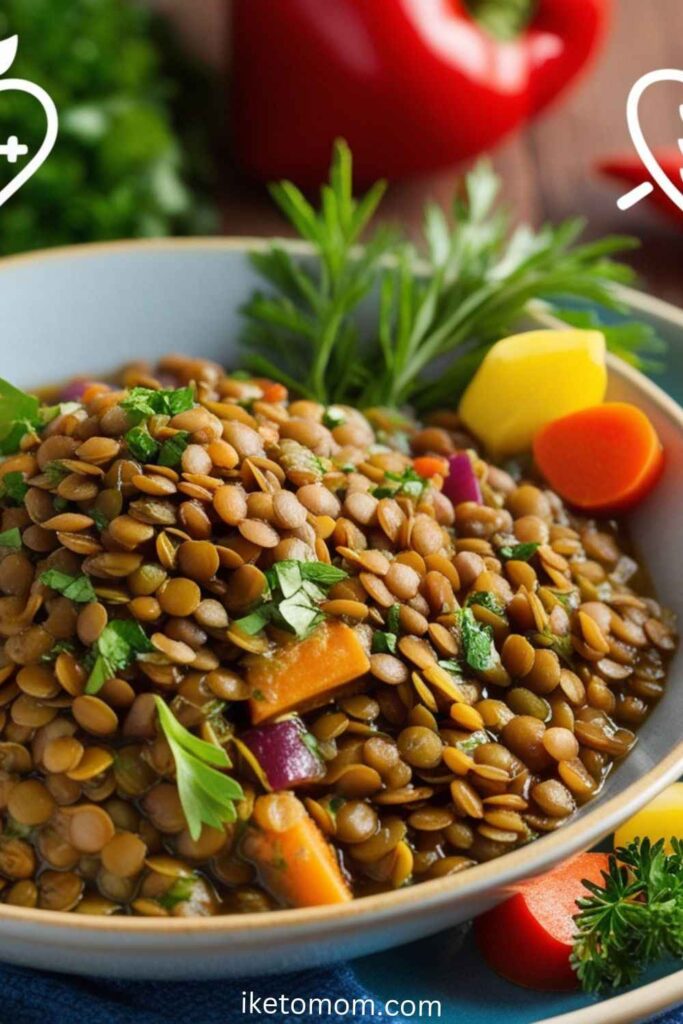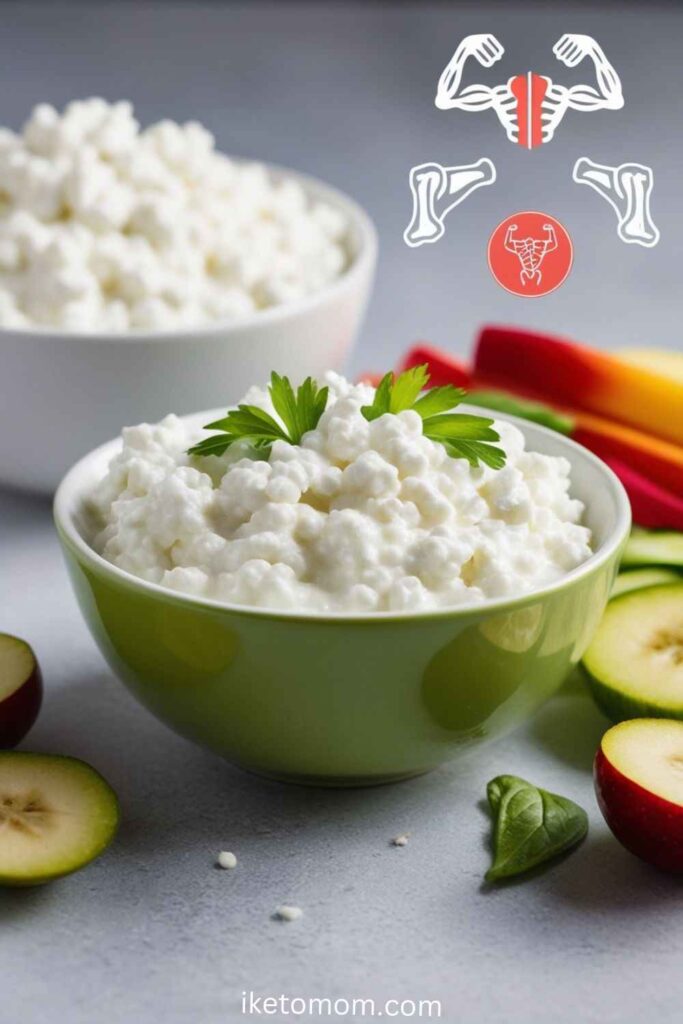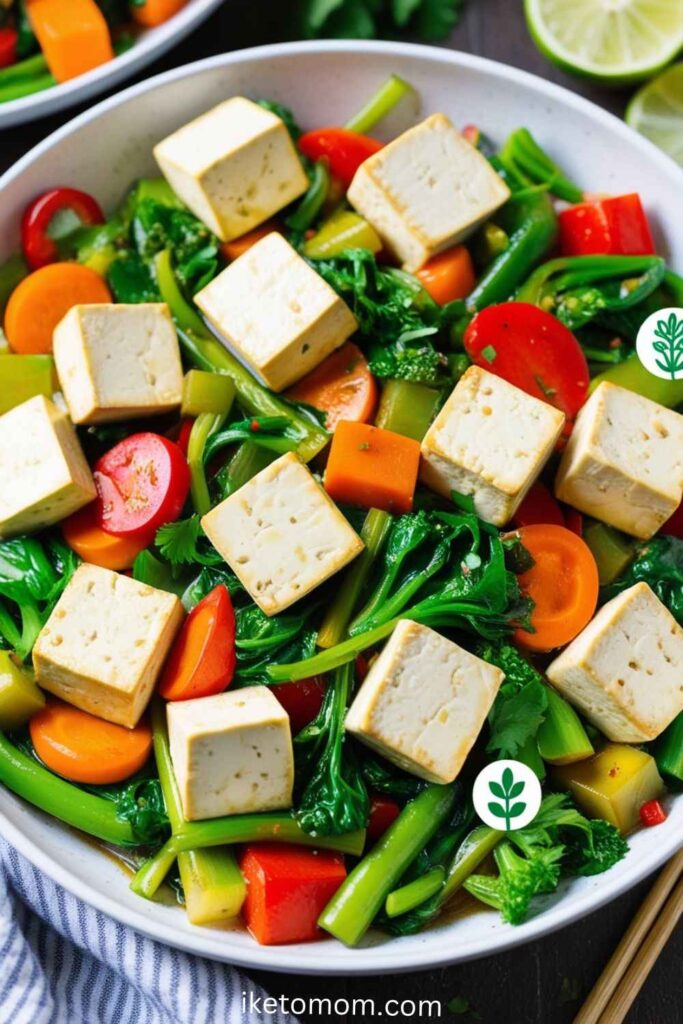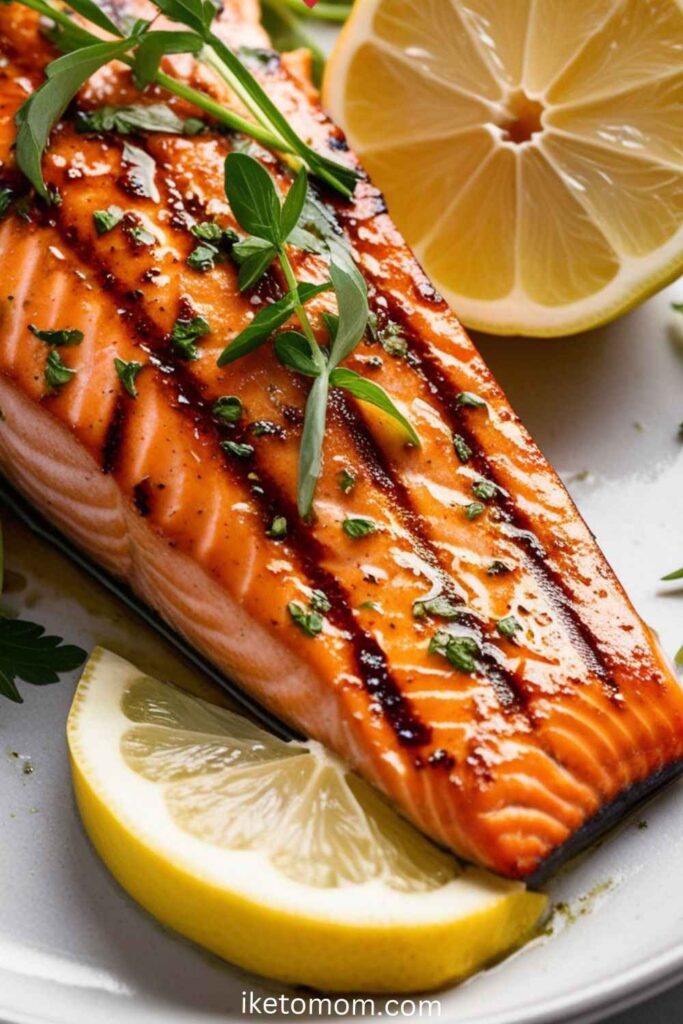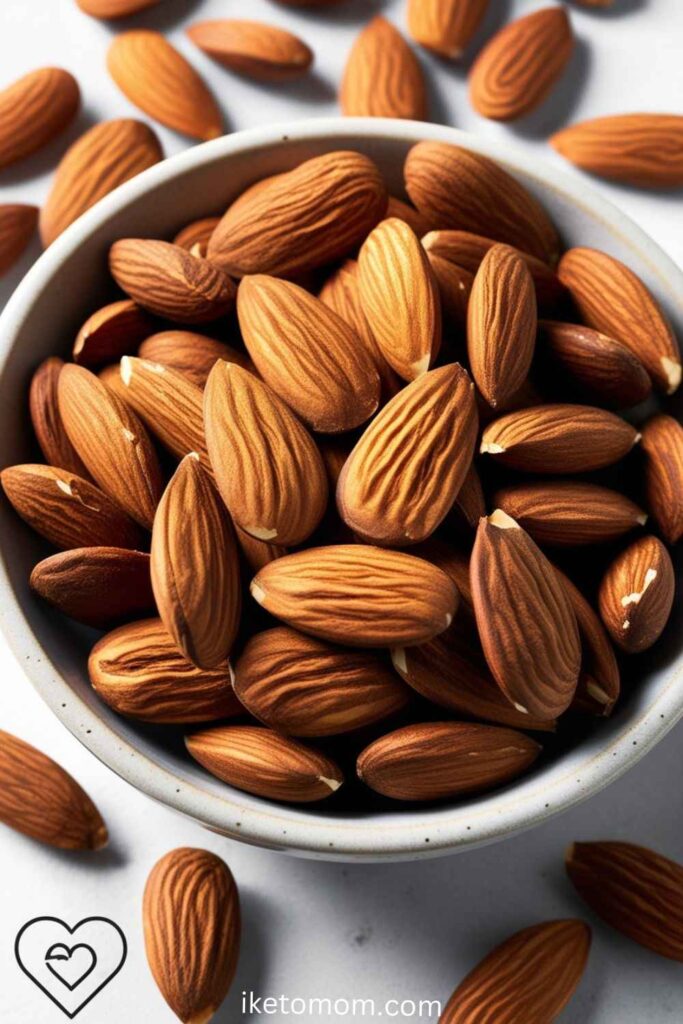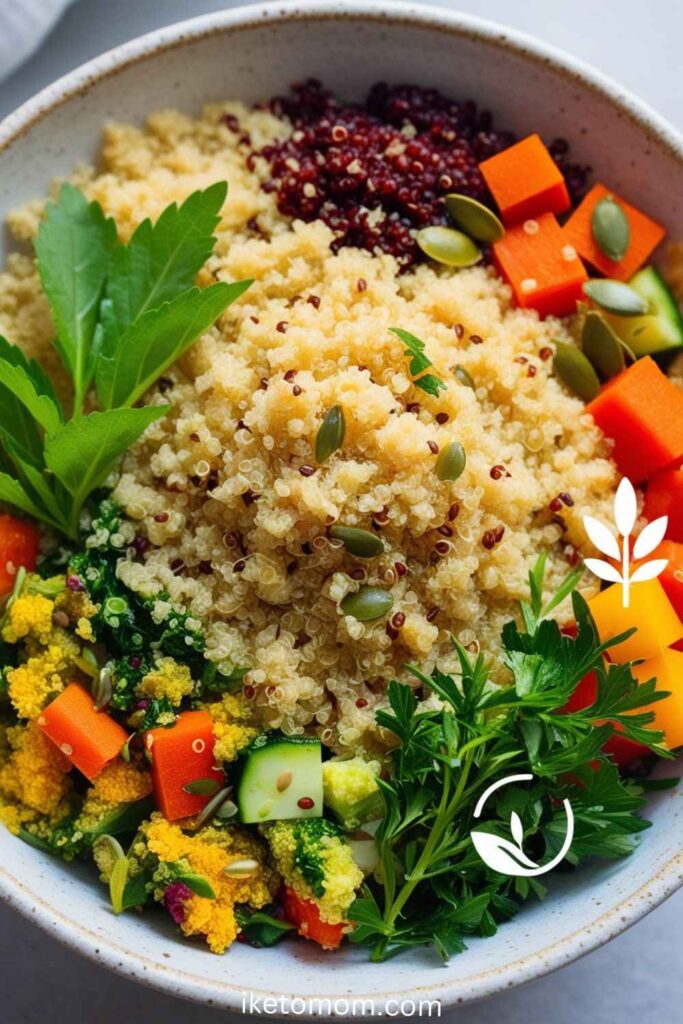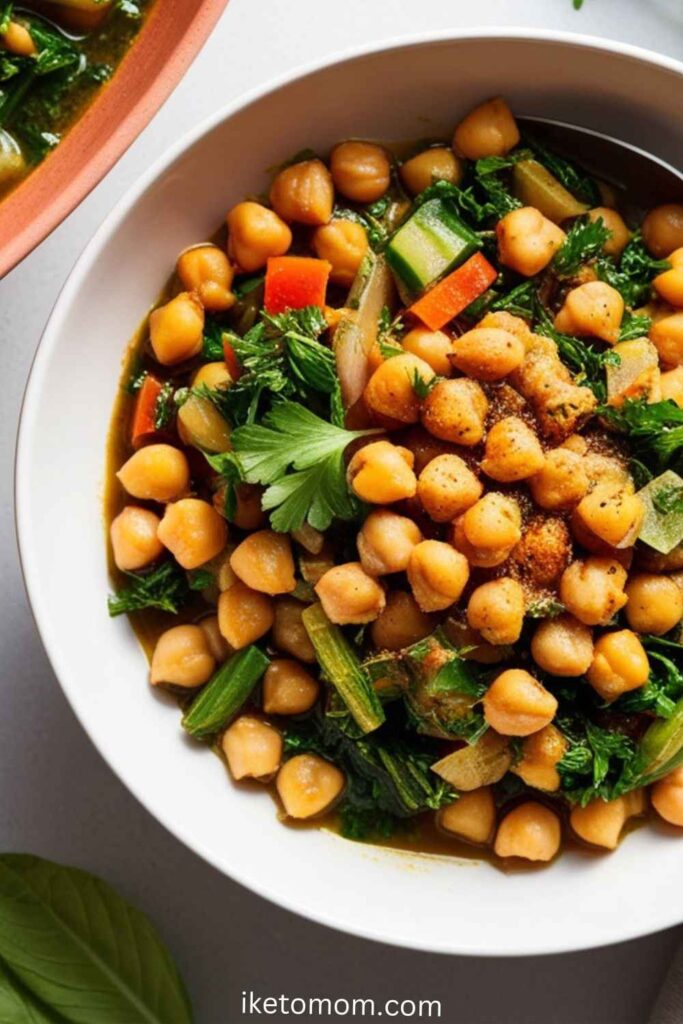Good High Protein Foods Ideas are essential for anyone looking to maintain a healthy and balanced diet. Protein plays a crucial role in various bodily functions, including building and repairing tissues, producing enzymes and hormones, and supporting immune health. For those looking to build muscle, manage weight, or simply improve overall well-being, incorporating high-protein foods into meals can offer a wide range of benefits. High-protein foods help promote satiety, reducing overall calorie intake, which aids in weight management. Additionally, protein is a key nutrient for muscle growth and repair, making it vital for both active individuals and those recovering from injuries. In this guide, we’ll explore a variety of healthy, high-protein food options that can help meet your dietary goals and improve your overall health.
Good High Protein Foods Ideas
1. Eggs:
Eggs are a staple in many diets due to their versatility and impressive nutritional profile. Each large egg contains around 6 grams of high-quality protein, making it an excellent choice for those looking to boost their protein intake. In addition to protein, eggs are rich in essential vitamins and minerals, including vitamin B12, which is vital for energy production and nerve function, vitamin D, which supports bone health and immune function, and selenium, a powerful antioxidant that helps protect cells from damage.
The protein found in eggs is considered complete, meaning it contains all nine essential amino acids that the body cannot produce on its own. This makes eggs an ideal food for muscle repair and growth, especially for athletes or those engaging in regular physical activity. Whether scrambled, boiled, or poached, eggs are a convenient and nutritious addition to any meal, contributing to overall health and well-being.
2. Chicken Breast:
Chicken breast is a highly popular source of protein, especially for those focused on building lean muscle or losing weight. With 31 grams of protein per 100 grams of cooked chicken breast, it’s an excellent choice for meeting your daily protein needs without adding unnecessary fat. Chicken breast is naturally low in fat, making it ideal for those seeking to maintain or reduce body fat while still fueling their bodies with high-quality protein.
This lean protein is essential for muscle growth, repair, and overall maintenance. Its low-fat content helps keep calorie intake in check, making it a perfect option for those focused on weight loss or body composition goals. Whether grilled, baked, or sautéed, chicken breast is versatile and can be easily incorporated into a variety of healthy meals to support muscle recovery and fat loss.
3. Greek Yogurt:
Greek yogurt is a delicious and nutritious food that offers a powerful combination of protein, probiotics, and calcium. Each 100-gram serving provides around 10 grams of protein, making it a great option for anyone looking to increase their protein intake. In addition to its protein content, Greek yogurt is rich in probiotics, which are beneficial bacteria that promote gut health and aid in digestion. This makes it an excellent choice for supporting a healthy digestive system.
Greek yogurt is also an outstanding source of calcium, which is essential for maintaining strong bones and teeth. Consuming Greek yogurt regularly can help promote bone health and may reduce the risk of osteoporosis. Whether enjoyed on its own, mixed with fruit, or added to smoothies, Greek yogurt is a versatile and healthy food that supports both gut health and bone strength.
4. Lentils:
Lentils are an excellent plant-based protein source, providing 18 grams of protein per cooked cup (198g). They are not only packed with protein but also rich in fiber, which aids digestion and promotes feelings of fullness. Lentils are a great source of iron, helping to boost energy levels and support healthy blood circulation. Additionally, they contain folate, a B-vitamin essential for cell growth and regeneration.
Lentils are an ideal food for vegetarians and vegans looking to meet their protein needs. Beyond their protein content, lentils are also heart-healthy, as they can help lower cholesterol levels and support overall cardiovascular health. Whether used in soups, stews, salads, or veggie burgers, lentils are a versatile and nutrient-dense food that can benefit anyone looking to improve their health, especially those following plant-based diets.
5. Cottage Cheese:
Cottage cheese is a nutrient-dense dairy product that provides 11 grams of protein per 100-gram serving, making it an excellent choice for those looking to increase their protein intake. It is naturally low in fat, making it a great option for those seeking to maintain a lean diet while still supporting muscle growth and recovery. Additionally, cottage cheese is rich in calcium, which is vital for maintaining strong bones and teeth.
The combination of high-quality protein and calcium in cottage cheese makes it an ideal food for individuals looking to build muscle and support bone health. It’s versatile and can be eaten on its own, added to salads, or mixed with fruits and nuts for a nutritious snack. Cottage cheese is a perfect addition to any diet, particularly for those focused on fitness, recovery, and overall bone strength.
6. Tofu:
Tofu is a versatile and nutritious food that provides 10 grams of protein per 100-gram serving. It is low in calories, making it an excellent option for those watching their caloric intake while still meeting their protein needs. Tofu is also high in iron, an essential mineral that supports energy levels and helps prevent anemia by promoting healthy blood circulation.
As a plant-based protein source, tofu is an ideal choice for vegetarians and vegans looking to add variety to their meals while maintaining adequate protein intake. Tofu can be used in a wide variety of dishes, from stir-fries and soups to smoothies and desserts, making it a flexible addition to any diet. Whether grilled, sautéed, or blended, tofu supports muscle building, overall health, and is a great alternative to animal-based protein sources.
7. Salmon:
Salmon is a nutrient-packed fish that provides 22 grams of protein per 100-gram serving, making it an excellent source of high-quality protein. It is also rich in omega-3 fatty acids, which are essential for heart health. These healthy fats help reduce inflammation, lower blood pressure, and support overall cardiovascular function.
In addition to its heart-healthy benefits, salmon is also a great choice for promoting brain health and reducing the risk of chronic diseases. The combination of protein and omega-3s makes salmon a perfect food for muscle repair, inflammation reduction, and overall wellness. Whether baked, grilled, or poached, salmon is a delicious and healthy addition to any diet, especially for those seeking to support heart health and reduce inflammation.
8. Almonds:
Almonds are a nutrient-dense snack that offers 6 grams of protein per ounce (28 grams), making them a great option for boosting protein intake. They are also high in healthy fats, particularly monounsaturated fats, which are beneficial for heart health. Almonds are rich in fiber, which helps support digestion and promotes a feeling of fullness, making them a perfect snack for managing hunger and controlling cravings.
In addition to supporting heart health, the healthy fats in almonds can help improve cholesterol levels and reduce the risk of cardiovascular diseases. Their combination of protein, healthy fats, and fiber makes them an excellent choice for a balanced snack, promoting satiety and providing long-lasting energy. Whether eaten on their own, added to smoothies, or sprinkled on salads, almonds are a versatile and heart-healthy option.
9. Quinoa:
Quinoa is a versatile and highly nutritious grain that provides 8 grams of protein per cooked cup (185g). It is considered a complete protein source because it contains all nine essential amino acids, making it a valuable addition to a vegetarian or vegan diet. Quinoa is not only rich in protein but also high in fiber, iron, and magnesium, making it a well-rounded and beneficial food for overall health.
For vegetarians and vegans, quinoa is an excellent plant-based protein option that can be used in a variety of dishes. It can be served as a base for salads, added to soups, or used as a side dish in place of rice or pasta. Its high protein content and impressive nutrient profile make quinoa a staple for anyone looking to improve their protein intake while enjoying a healthy, plant-based meal.
10. Chickpeas:
Chickpeas are a powerhouse legume, offering 15 grams of protein per cooked cup (164g), making them an excellent plant-based protein source. In addition to their protein content, chickpeas are high in fiber, which is essential for supporting healthy digestion and maintaining regular bowel movements. The fiber content in chickpeas also helps to promote a feeling of fullness, making them a great food for managing hunger and controlling appetite.
Chickpeas provide a slow-releasing energy source, helping to stabilize blood sugar levels and keep energy levels consistent throughout the day. They are incredibly versatile and can be added to salads, soups, or blended into hummus for a tasty and nutritious snack. Whether you’re looking to improve digestion, boost your protein intake, or maintain steady energy, chickpeas are a great addition to any diet.
FAQ
1. Why is protein important in a healthy diet?
Protein is essential for building and repairing tissues, producing enzymes and hormones, and supporting immune function. It also helps build muscle, manage weight, and provide long-lasting energy. A sufficient intake of protein supports overall health and promotes muscle growth, tissue repair, and healthy skin.
2. What are some plant-based high-protein foods?
Some great plant-based high-protein foods include lentils, quinoa, chickpeas, tofu, edamame, and almonds. These foods provide substantial amounts of protein and other essential nutrients while being vegan and vegetarian-friendly.
3. How much protein should I eat daily?
The recommended daily intake of protein varies depending on factors like age, gender, and activity level. On average, adults should aim for about 46-56 grams of protein per day. Active individuals, such as athletes, may require more protein to support muscle repair and growth.
4. Are high-protein foods good for weight loss?
Yes, high-protein foods can support weight loss by helping you feel full longer, reducing hunger, and preventing overeating. Protein helps maintain muscle mass while promoting fat loss, making it an important component of a healthy weight loss plan.
5. Can I get enough protein from just eating high-protein foods?
While high-protein foods are a great source of protein, it’s important to maintain a balanced diet that includes a variety of nutrients. Incorporate a mix of protein sources, healthy fats, whole grains, and fruits and vegetables to ensure you’re getting all the nutrients your body needs for optimal health.

I’m Priscilla Swahn, a registered dietitian with a master’s degree in nutritional sciences. With over a decade of experience in holistic nutrition, I specialize in creating delicious keto recipes to help you enjoy a healthy lifestyle. On iKetoMom, you’ll find a variety of recipes for every meal—hearty breakfasts, satisfying lunches, mouthwatering dinners, indulgent desserts, and refreshing drinks. My recipes make keto living easy and enjoyable for the whole family. Featured in EatingWell and MindBodyGreen, I also collaborate with health centers and corporate companies to share my expertise. Join me and discover the joy of keto cooking!

